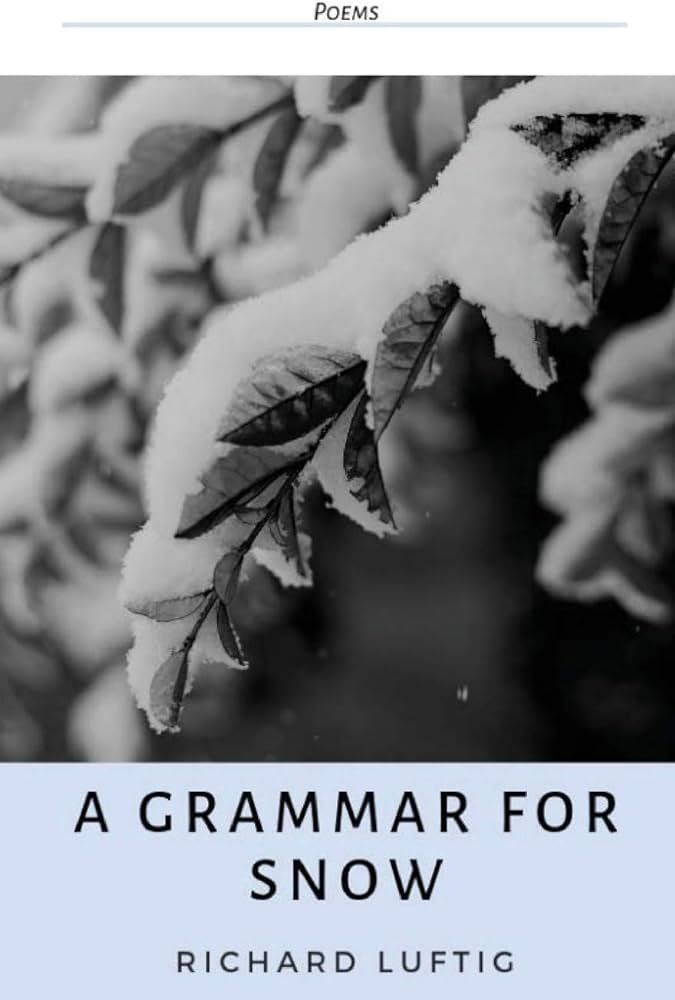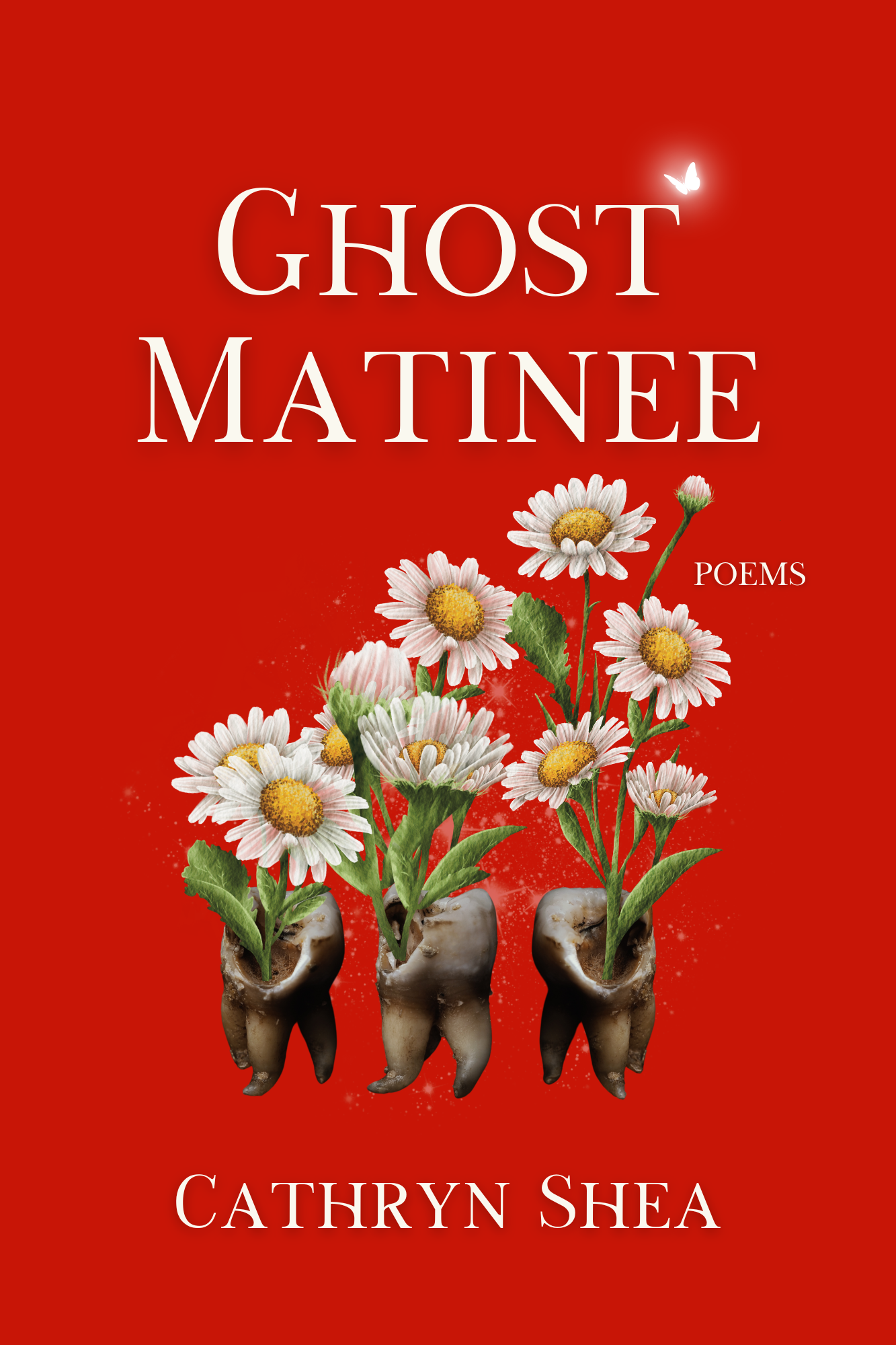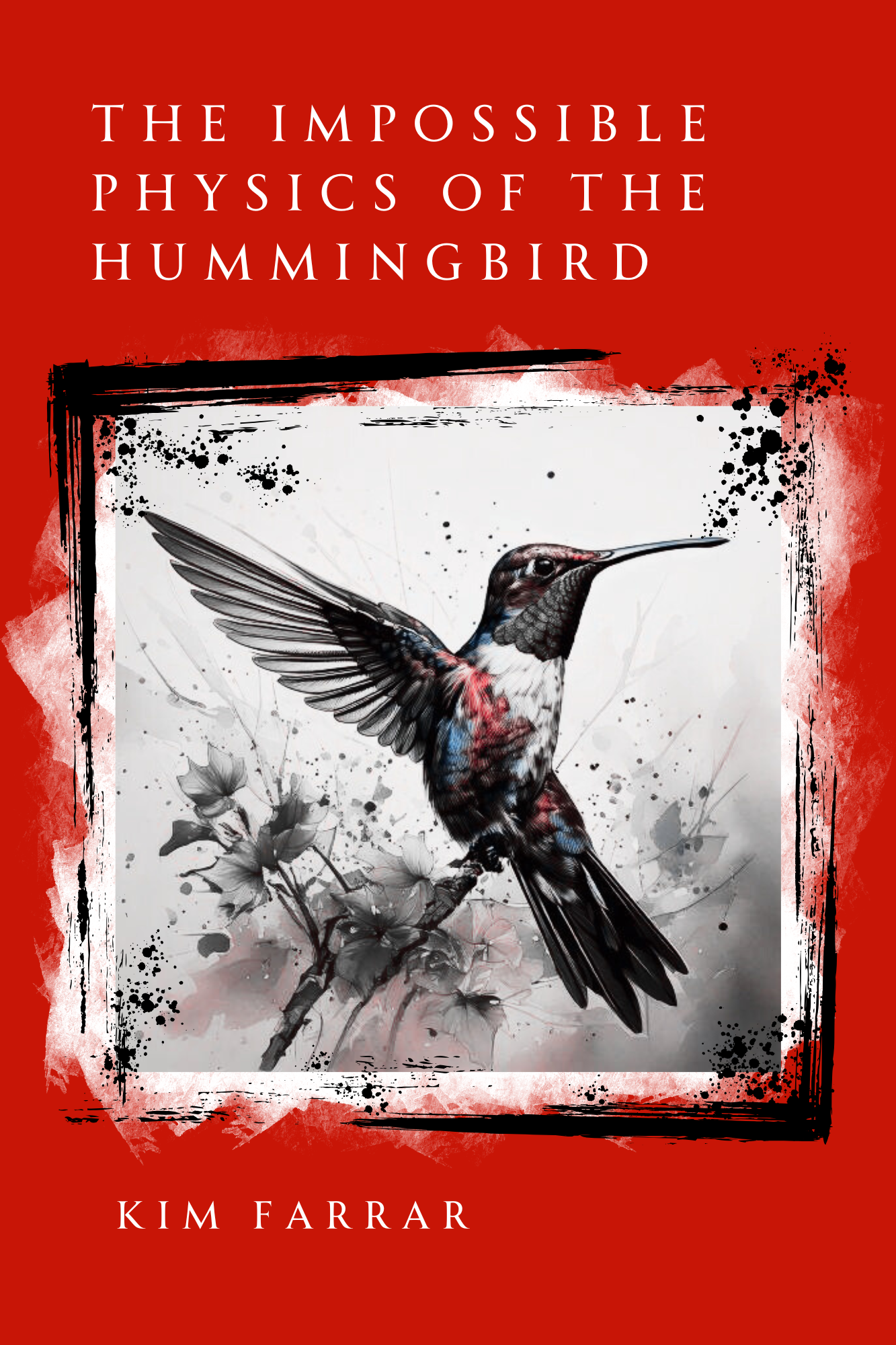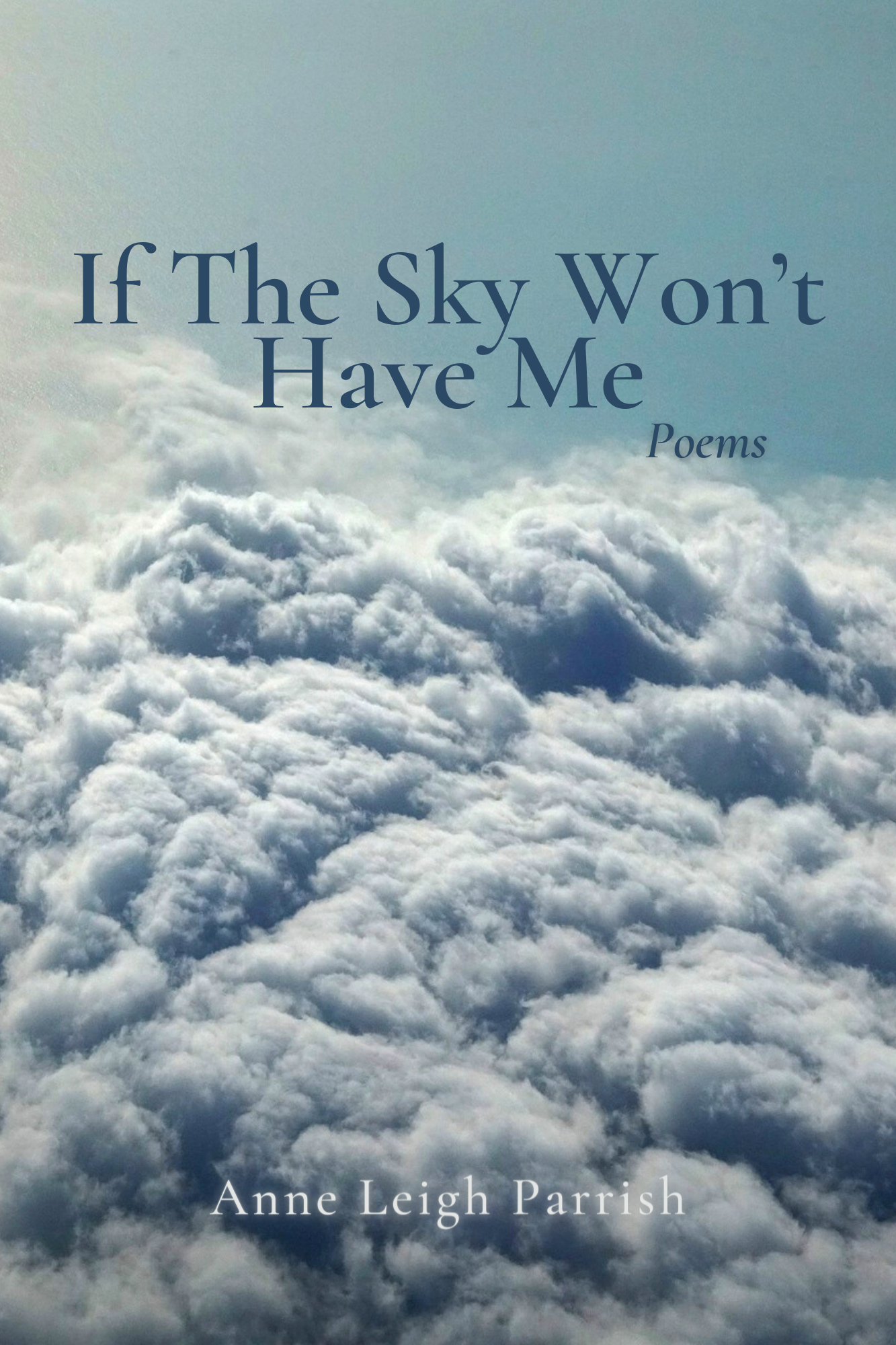A GRAMMAR FOR SNOW
Before the first third of the twentieth century, almost everybody read poetry. Books of poetry were found in most homes in America. It was published in daily newspapers, taught in school, memorized and recited with enjoyment. In short, poetry once was both accessible and meaningful.
Then, modern poetry became “difficult.” It began to scare readers or turn them off with obtuseness, dense symbols or it simple became difficult to understand. It became marginalized in American literature—a place where it remains.
It should not be this way. Many poets today believe that poetry should resonate again for everyday readers. It should share with readers the feeling that the poet empathizes with everyday people and situations. If possible, it should be hopeful, even humorous when appropriate. In short, it should be relevant.
The poems contained in A GRAMMAR FOR SNOW are about everyday people in small towns, cities and farms in those fly-over-states and off-the-map places who work and love and quietly live out their lives. It is about place—mostly in the U.S. Midwest--both real and imagined. Many of the poems contain elements of humor that help people deal with the sometimes-hard issues of day-to-day life.
The poems contain vivid imagery and concreteness designed to help the reader believe that these places and people really exist. More than that, the poems are designed to make the reader care about these folks and their lives, to pull for them and hope against hope that things work out.
Before the first third of the twentieth century, almost everybody read poetry. Books of poetry were found in most homes in America. It was published in daily newspapers, taught in school, memorized and recited with enjoyment. In short, poetry once was both accessible and meaningful.
Then, modern poetry became “difficult.” It began to scare readers or turn them off with obtuseness, dense symbols or it simple became difficult to understand. It became marginalized in American literature—a place where it remains.
It should not be this way. Many poets today believe that poetry should resonate again for everyday readers. It should share with readers the feeling that the poet empathizes with everyday people and situations. If possible, it should be hopeful, even humorous when appropriate. In short, it should be relevant.
The poems contained in A GRAMMAR FOR SNOW are about everyday people in small towns, cities and farms in those fly-over-states and off-the-map places who work and love and quietly live out their lives. It is about place—mostly in the U.S. Midwest--both real and imagined. Many of the poems contain elements of humor that help people deal with the sometimes-hard issues of day-to-day life.
The poems contain vivid imagery and concreteness designed to help the reader believe that these places and people really exist. More than that, the poems are designed to make the reader care about these folks and their lives, to pull for them and hope against hope that things work out.
Before the first third of the twentieth century, almost everybody read poetry. Books of poetry were found in most homes in America. It was published in daily newspapers, taught in school, memorized and recited with enjoyment. In short, poetry once was both accessible and meaningful.
Then, modern poetry became “difficult.” It began to scare readers or turn them off with obtuseness, dense symbols or it simple became difficult to understand. It became marginalized in American literature—a place where it remains.
It should not be this way. Many poets today believe that poetry should resonate again for everyday readers. It should share with readers the feeling that the poet empathizes with everyday people and situations. If possible, it should be hopeful, even humorous when appropriate. In short, it should be relevant.
The poems contained in A GRAMMAR FOR SNOW are about everyday people in small towns, cities and farms in those fly-over-states and off-the-map places who work and love and quietly live out their lives. It is about place—mostly in the U.S. Midwest--both real and imagined. Many of the poems contain elements of humor that help people deal with the sometimes-hard issues of day-to-day life.
The poems contain vivid imagery and concreteness designed to help the reader believe that these places and people really exist. More than that, the poems are designed to make the reader care about these folks and their lives, to pull for them and hope against hope that things work out.
Praise for A GRAMMAR FOR SNOW
Luftig captures the change and abandonment of our rural space. The physical landscapes suggest the emotional landscape. The poems are not political grievances but elegies for and obituaries of the proud farmers, settlers that had high hopes for themselves and their children.
Dan Cuddy, The Loch Raven Review
Some poets write weighty, hard thinking pieces about small and large subjects. They seem so serious and burdened by their work. Perhaps in their non-poet moments they are happy and pleasant folks. I would hope so. Richard Luftig writes, in this collection, hard thinking pieces about ideas and things, small and big. But he seems to be having such a good time doing his work. And that attitude (if I can call it that) translates to a brilliant collection of poems, a collection that is fun to read even when it gets serious and deep.
James Bourey, The Broadkill Review
From the beginning of the book, I knew I was in the hands of a talented writer. These poems give the pleasures of simple language. They are to be read once, and again, aloud, for the pleasure of the words' sounds.
Lawrence Hartmann, Chicago Writers Association
About RICHARD LUFTIG
Richard Luftig is a former professor of educational psychology and special education at Miami University in Ohio and now resides in California. His poems have appeared in numerous literary journals in the United States and internationally in Canada, Australia, Europe, and Asia. Two of his poems recently appeared in Realms of the Mothers: The First Decade of Dos Madres Press. His poems and blogs may be found at richardluftig.com.
-
Genre: Poetry
ISBN: 978-1-947021-95-2
Publication Date: July 16, 2019






